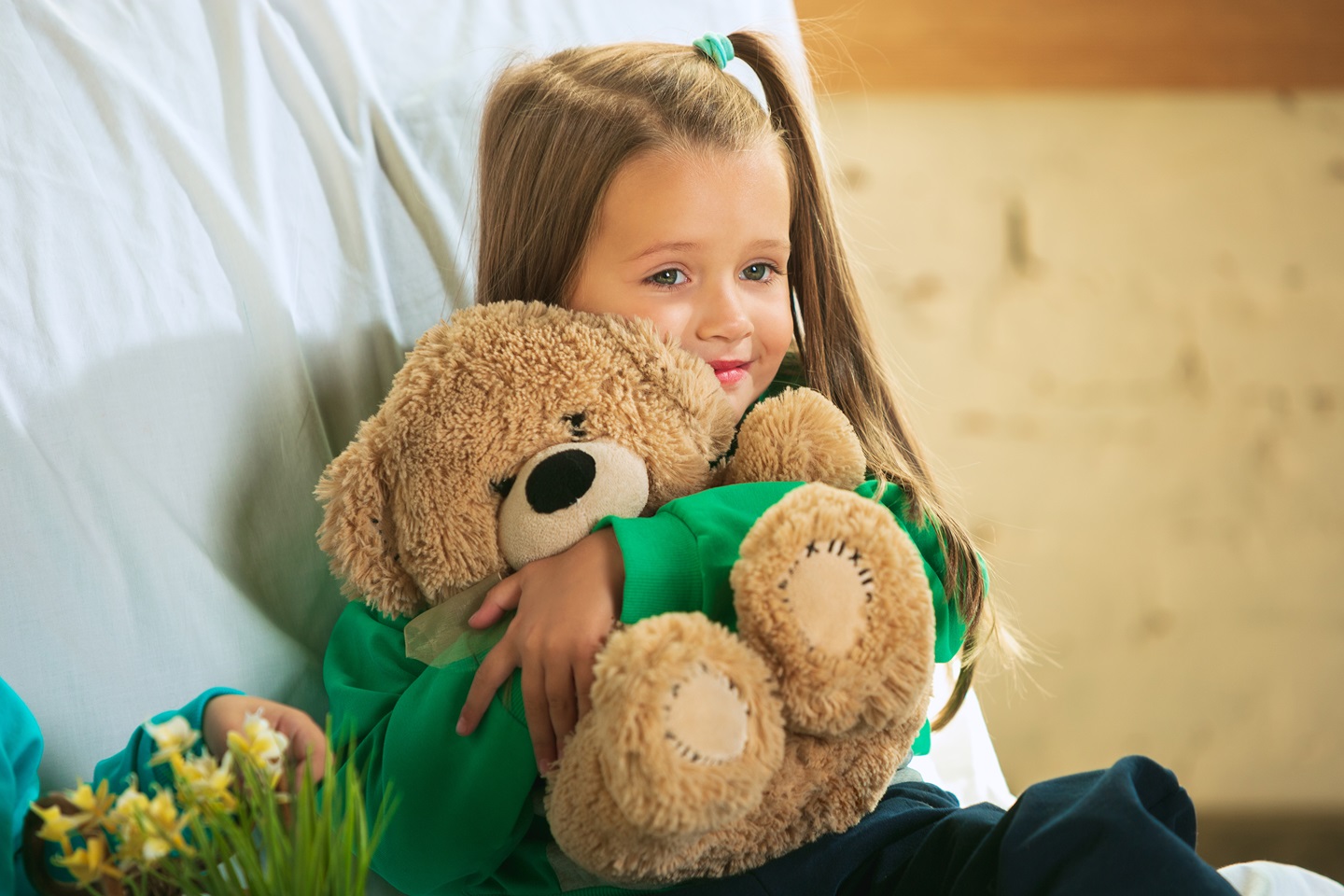Soft toys have been a part of childhood for generations, cherished for their comforting presence and imaginative potential. While they are often seen as mere playthings, their emotional impact on children is profound. These cuddly companions play a significant role in a child’s emotional and psychological development, fostering feelings of security, empathy, and connection.
1. Comfort and Security
Soft toys are often a child’s first source of comfort outside parental care. Their soft textures and huggable forms provide a sense of safety and familiarity.
- Transition Objects:
Many children use soft toys as transitional objects when adapting to new environments, such as starting daycare or sleeping alone. These toys act as a bridge between the known (home) and the unknown, reducing anxiety. - Stress Relief:
Cuddling a soft toy can help soothe a child during moments of fear, stress, or sadness, acting as an emotional anchor.
2. Encouraging Emotional Expression
Children often project their feelings onto soft toys, treating them as confidants or friends.
- Role-Playing:
Soft toys encourage children to act out scenarios, helping them process emotions like joy, anger, or sadness. For instance, they might comfort a “sad” teddy bear, reflecting their understanding of empathy and care. - Safe Space for Communication:
Kids may find it easier to share their feelings with a soft toy, especially when they struggle to articulate their emotions with adults.
3. Building Empathy and Social Skills
Soft toys help children develop a nurturing attitude, which lays the foundation for empathy and social interactions.
- Practicing Care:
When children feed, dress, or talk to their toys, they practice caring behaviors that translate into real-world relationships. - Understanding Others:
Role-playing with toys enables kids to understand diverse perspectives and improve their ability to relate to others.
4. Boosting Confidence and Independence
Soft toys often serve as loyal companions, boosting a child’s confidence during milestones or challenges.
- Facing Fears:
Whether it’s a trip to the doctor or the first day of school, soft toys give children the courage to face new experiences. - Fostering Independence:
Knowing their beloved toy is nearby helps kids feel more secure and capable of handling situations without constant adult intervention.
5. Providing Lifelong Memories and Connections
Soft toys often become cherished keepsakes, representing a child’s earliest friendships and emotional growth.
- Nostalgia:
Many adults hold onto their childhood soft toys as symbols of comfort and innocence, showing the long-lasting emotional value of these playthings. - Family Bonding:
Gifting or sharing a soft toy can create meaningful moments between parents, siblings, and children.
Conclusion
Soft toys are far more than just playthings; they are emotional pillars that support a child’s growth in profound ways. By providing comfort, fostering empathy, and encouraging self-expression, these huggable friends contribute significantly to a child’s emotional well-being. Their impact extends beyond playtime, creating a foundation of emotional strength and connection that lasts a lifetime.





